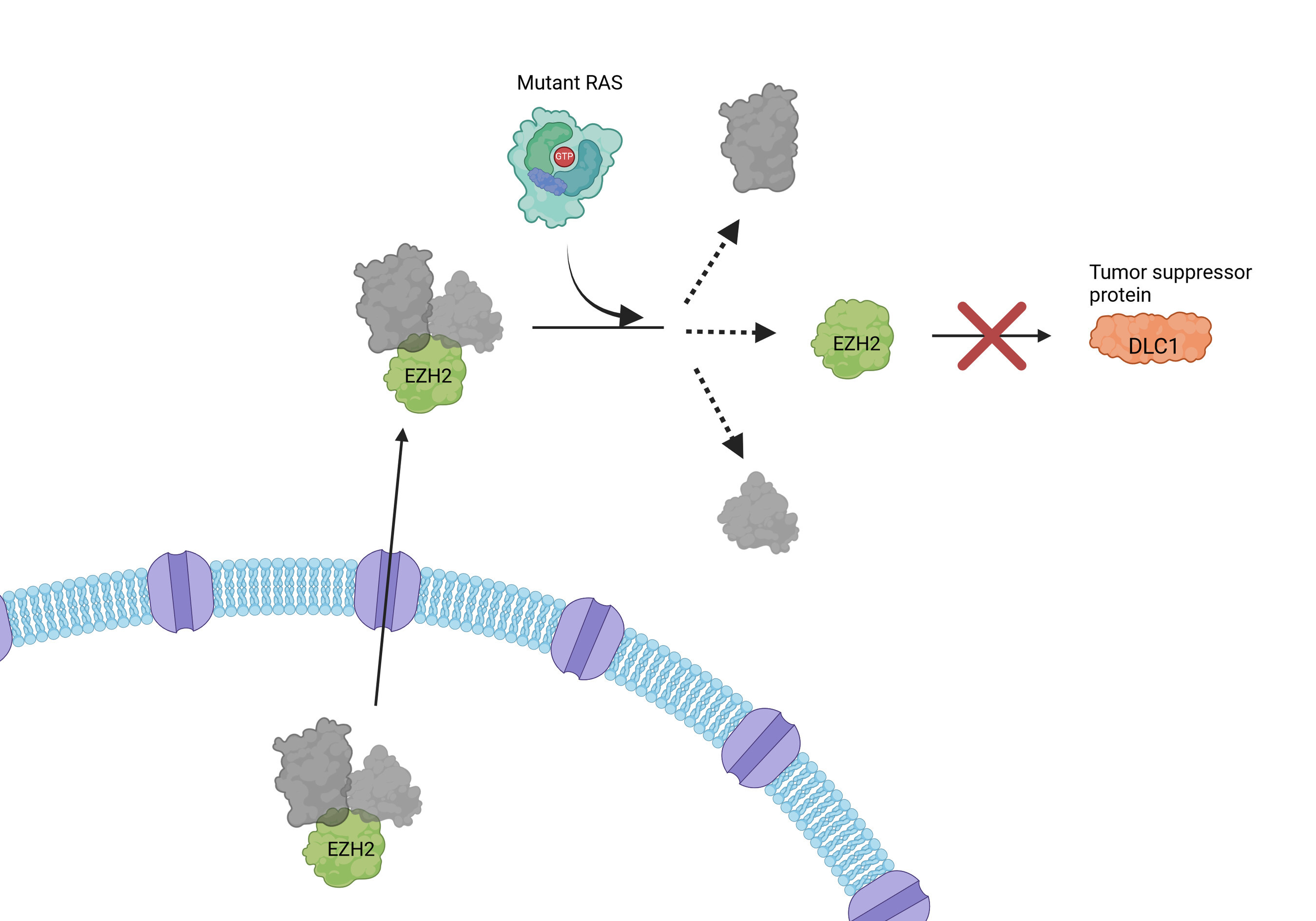Findings could point to new ways to treat RAS-driven cancers BETHESDA, Md. , Nov. 12, 2024 /PRNewswire/ -- Researchers at the National Institutes of Health (NIH) and their collaborators have discovered a new way in which RAS genes, which are commonly mutated in cancer, may drive tumor growth beyond their well-known role in signaling at the cell surface.
Mutant RAS, they found, helps to kick off a series of events involving the transport of specific nuclear proteins that lead to uncontrolled tumor growth, according to a study published Nov. 11, 2024 , in Nature Cancer . RAS genes are the second most frequently mutated genes in cancer, and mutant RAS proteins are key drivers of some of the deadliest cancers, including nearly all pancreatic cancers, half of colorectal cancers, and one-third of lung cancers.
Decades of research have shown that mutant RAS proteins promote the development and growth of tumors by activating specific proteins at the cell surface, creating a constant stream of signals telling cells to grow. "This is the first study to show that mutated RAS genes can promote cancer in an entirely new way," said study author Douglas Lowy , M.D.
, deputy director of NIH's National Cancer Institute (NCI). "The finding of the additional role for RAS proteins has exciting implications for improving treatment." Drugs that block mutant RAS proteins have been available as cancer treatments for only a few years and have been approved by the Food and Drug Administration to treat .


















